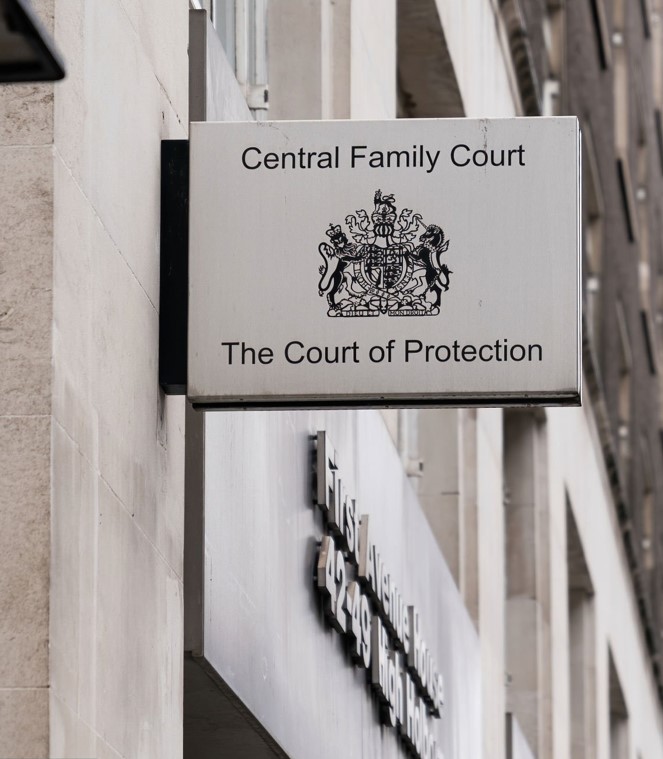
The FPR changes encourage parties, lawyers and courts to trial non-court dispute resolutions (NCDR) where possible. Judges will have powers to adjourn proceedings so parties can explore alternative dispute options and can sanction parties who refuse to explore alternative options without a valid reason.
Valid reasons under the FPR include domestic abuse. Non-court options include mediation, arbitration, collaborative law and evaluation by a neutral third party.
Welcoming the FPR changes, Rachel Fisher, partner at Stowe Family Law, said: ‘It is hoped it will continue the considerable cultural shift in the divorce space when the new rules are implemented from 29 April 2024, and reduce pressure on overwhelmed family courts.
‘It has long been acknowledged that lengthy court battles are expensive, time-consuming, and damaging to all involved. And thankfully, we are seeing a shift away from the court room. Here at Stowe, the number of financial divorce settlements going to court has fallen by 11% since 2018, but there is still some way to go.
‘The introduction of no-fault divorce in April 2022 has certainly helped, making, in many cases, divorce less adversarial from the off, and helping pave the way for a more amicable resolve.’
However, Fisher added ‘a word of caution: tools such as mediation are rarely appropriate for cases involving domestic abuse, and it is vital that survivors are not forced into inappropriate and unsafe processes to conclude their divorce cases’.
Evie Smyth, associate in the family law team at Russell-Cooke LLP, said: ‘It remains to be seen to what extent the forthcoming changes to the FPR will herald a change in the uptake of NCDR and how readily the courts will employ the new rules where parties fail to engage in NCDR processes.
‘What is clear is that there has never been a more pressing need for NCDR, at a time when family courts are facing a huge backlog of cases and families are waiting longer and longer for a hearing date. It is hoped that the new rules will guide many families who may have otherwise used the courts by default, to properly consider less adversarial and more efficient ways of resolving their disputes.’









